August 31 stands as one of history’s most eventful days, witnessing the rise and fall of empires, groundbreaking discoveries, and moments that shaped our modern world across centuries of human achievement.
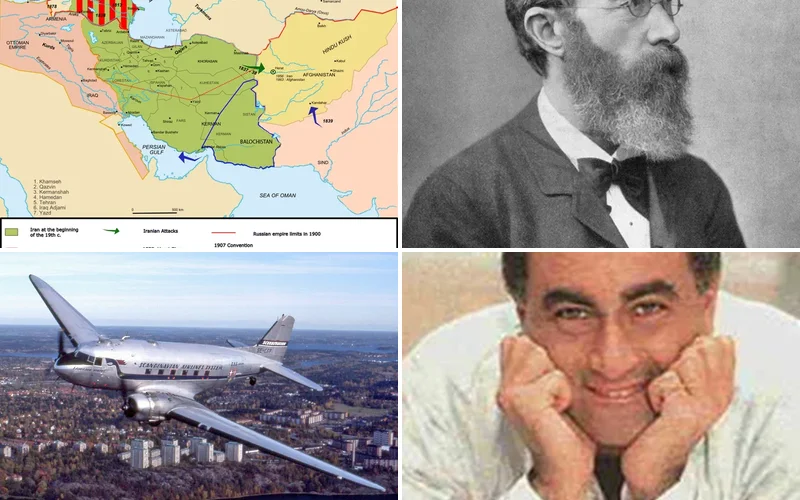
Politics and Government Events on August 31
1907 – Anglo-Russian Convention Signed
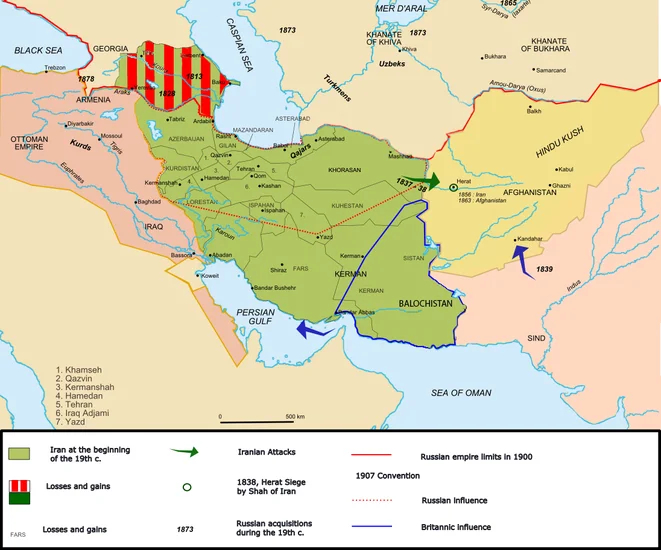
Russia and the United Kingdom signed the Anglo-Russian Convention, establishing spheres of influence across Asia. The agreement recognized Russian preeminence in northern Persia while acknowledging British control over southeastern Persia and Afghanistan.
Both imperial powers pledged non-interference in Tibet, effectively carving up Central Asia between their empires. This diplomatic arrangement helped reduce tensions between the two nations before World War I.
1933 – Andorra’s First Universal Male Suffrage Election
The Integral Nationalist Group achieved victory in Andorra’s groundbreaking parliamentary election. This historic vote marked the first time universal male suffrage was implemented in the small principality.
The election represented a significant step toward democratic governance in Andorra. Political participation expanded dramatically as previously disenfranchised men gained voting rights.
1962 – Trinidad and Tobago Gains Independence
Trinidad and Tobago achieved independence from British colonial rule on this momentous day. The Caribbean nation celebrated its newfound sovereignty with elaborate ceremonies throughout the islands.
Political leaders worked tirelessly to establish new governmental structures and national identity. The independence movement culminated years of negotiations and peaceful resistance against colonial administration.
1991 – Kyrgyzstan Declares Independence
Kyrgyzstan declared independence from the dissolving Soviet Union amid widespread political upheaval. The Central Asian republic joined other former Soviet states in asserting national sovereignty.
Government officials moved quickly to establish diplomatic relations with neighboring countries. The independence declaration marked the end of decades of Soviet control over Kyrgyz affairs.
2016 – Brazil’s President Dilma Rousseff Impeached

Brazil’s Senate voted to remove President Dilma Rousseff from office following a lengthy impeachment process. The historic decision ended months of political turmoil and economic uncertainty.
Vice President Michel Temer assumed the presidency amid widespread protests and international scrutiny. The impeachment deeply divided Brazilian society and marked a turning point in the nation’s democratic history.
Military and Naval History on August 31
1918 – Battle of Mont Saint-Quentin Begins
The Australian Corps launched a successful assault during the Battle of Mont Saint-Quentin. This strategic offensive formed part of the larger Hundred Days campaign that would ultimately end World War I.
Australian forces demonstrated exceptional tactical skill against heavily fortified German positions. The victory contributed significantly to the Allied breakthrough on the Western Front.
1939 – Gleiwitz Incident False Flag Attack
Nazi Germany orchestrated a false flag attack on the Gleiwitz radio station near the Polish border. German operatives dressed as Polish soldiers to create a pretext for invasion.
This manufactured incident provided Hitler with his desired excuse to attack Poland the following day. The operation marked the beginning of World War II in Europe.
1941 – Serbian Victory at Battle of Loznica
Serbian paramilitary forces achieved a decisive victory over German troops at the Battle of Loznica. The engagement demonstrated effective resistance against Nazi occupation forces in Yugoslavia.
Local fighters employed guerrilla tactics to overcome superior German equipment and training. This victory boosted Serbian morale and encouraged further resistance activities.
1943 – USS Harmon Commissioned
The USS Harmon became the first U.S. Navy ship named after a black person upon its commissioning. This historic destroyer escort honored Leonard Roy Harmon, who died heroically at Guadalcanal.
The ship’s naming represented a significant step toward racial recognition in military honors. Harmon’s courage had earned him the Navy Cross posthumously.
1949 – End of Greek Civil War
The retreat of the Democratic Army of Greece into Albania marked the conclusion of the Greek Civil War. Government forces achieved final victory after years of brutal internal conflict.
The communist insurgency collapsed following the loss of Yugoslav support and sustained military pressure. Greece could finally begin rebuilding after devastating warfare.
Science and Discovery Milestones on August 31
1950 – TWA Flight 903 Crash Investigation
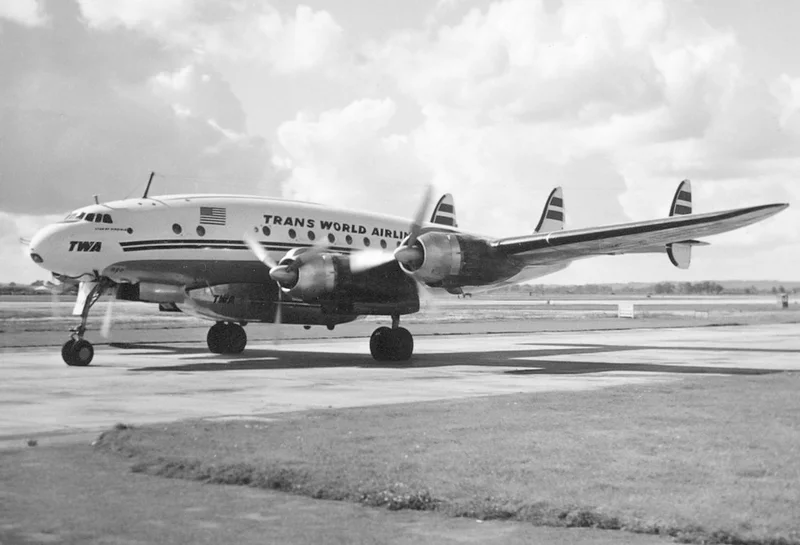
TWA Flight 903 crashed near Itay El Barud, Egypt, killing all 55 people aboard. The tragic accident prompted extensive safety investigations and improved aviation protocols.
International cooperation in accident investigation expanded following this disaster. The crash highlighted the need for better communication between aircraft and ground control.
1986 – Multiple Aviation Disasters

Aeroméxico Flight 498 collided with a Piper Cherokee over Cerritos, California, killing 82 people. The mid-air collision exposed critical gaps in air traffic control systems.
The disaster led to mandatory installation of collision avoidance systems on commercial aircraft. Aviation safety protocols underwent comprehensive revision following this tragedy.
2002 – Typhoon Rusa Devastates South Korea

Typhoon Rusa, the most powerful storm to hit South Korea in 43 years, made devastating landfall. The hurricane killed at least 236 people and caused widespread destruction.
Meteorological services improved their forecasting capabilities following this natural disaster. The typhoon demonstrated the increasing intensity of Pacific storm systems.
Cultural and Arts Events on August 31
1936 – Radio Prague Begins Broadcasting

Radio Prague commenced international broadcasting operations, becoming Czechoslovakia’s voice to the world. The station transmitted news and cultural programs across multiple languages.
The broadcaster promoted Czech culture and democratic values throughout Europe. Radio Prague would later become the official international station of the Czech Republic.
2006 – The Scream Painting Recovered

Norwegian police recovered Edvard Munch’s famous painting “The Scream” in a dramatic raid. The masterpiece had been stolen from the Munch Museum two years earlier.
Art security measures improved dramatically following this high-profile theft and recovery. The painting’s return brought international attention to museum protection protocols.
1997 – Princess Diana Dies in Paris
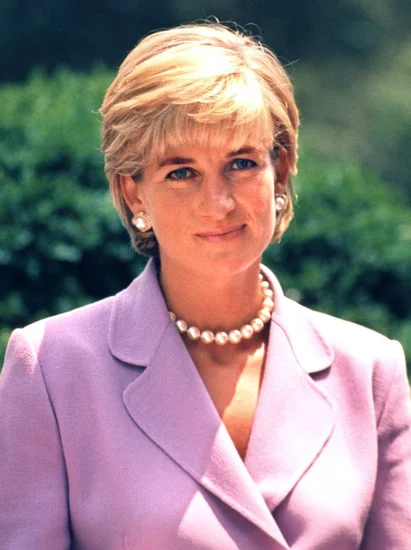
Diana, Princess of Wales, died in a car crash in Paris alongside Dodi Fayed and driver Henri Paul. The tragedy shocked the world and triggered unprecedented public mourning.
Media coverage of the accident raised serious questions about paparazzi harassment. Diana’s death fundamentally changed how the press covers royal family members.
Religious and Social Events on August 31
1950 – Al-Aaimmah Bridge Stampede
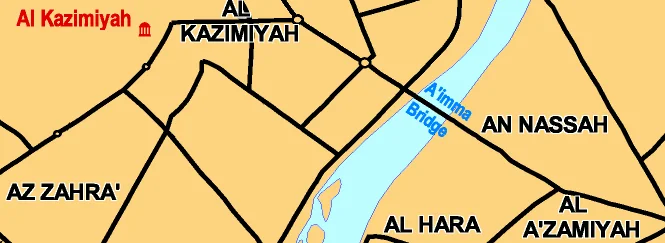
A tragic stampede on Baghdad’s Al-Aaimmah bridge killed 953 people during a religious procession. The disaster highlighted the need for better crowd control during mass gatherings.
Emergency response protocols were completely overhauled following this catastrophe. The tragedy remains one of the deadliest stampedes in modern history.
1993 – Russia Withdraws Troops from Lithuania
Russia completed the withdrawal of its military forces from Lithuania after decades of occupation. The troop removal marked Lithuania’s full restoration of national sovereignty.
Former Soviet states celebrated this milestone in their independence movements. The withdrawal demonstrated Russia’s commitment to recognizing Baltic independence.
1999 – Moscow Bombing Campaign Begins
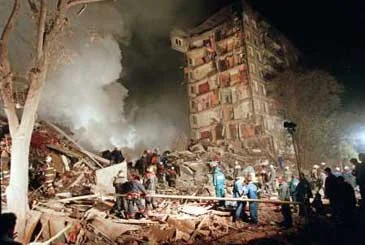
The first in a series of bombings struck Moscow, killing one person and wounding 40 others. The attacks created widespread fear and uncertainty among Russian citizens.
Security measures were dramatically increased throughout major Russian cities. The bombing campaign marked a new phase in Russian internal security challenges.
Business and Economic Events on August 31
1935 – First U.S. Neutrality Act Passed
The United States passed its first Neutrality Act in an attempt to avoid involvement in growing global tensions. Congress sought to prevent America from being drawn into European conflicts.
The legislation restricted arms sales and financial assistance to belligerent nations. These isolationist policies would be tested as World War II approached.
1957 – Malaysia Gains Independence
The Federation of Malaya achieved independence from British colonial rule, becoming modern Malaysia. The new nation faced the challenge of uniting diverse ethnic and religious communities.
Economic development became a top priority for the newly independent government. Malaysia’s strategic location made it a crucial player in Southeast Asian trade.
1994 – Russia Completes Estonian Troop Withdrawal
Russia finished removing its military forces from Estonia, ending decades of occupation. The withdrawal represented a crucial step in Estonian sovereignty restoration.
Economic cooperation between the two nations continued despite political tensions. Estonia could now focus entirely on developing its independent economy.
Transportation and Infrastructure on August 31
1940 – Pennsylvania Central Airlines Crash

Pennsylvania Central Airlines Trip 19 crashed near Lovettsville, Virginia, prompting the first investigation under new aviation safety regulations. The accident killed all passengers and crew aboard.
The investigation established important precedents for aviation safety protocols. New federal oversight dramatically improved commercial aviation safety standards.
1988 – Delta Flight 1141 Crashes on Takeoff

Delta Air Lines Flight 1141 crashed during takeoff from Dallas/Fort Worth International Airport, killing 14 people. The accident investigation revealed critical pilot error and procedural failures.
Aviation training programs underwent comprehensive revision following this tragedy. The crash highlighted the importance of proper pre-flight procedures and crew coordination.
1986 – Soviet Ship Admiral Nakhimov Sinks
The Soviet passenger liner Admiral Nakhimov sank in the Black Sea after colliding with a bulk carrier. The maritime disaster killed 423 people in one of the deadliest peacetime ship accidents.
Maritime safety regulations were strengthened throughout the Soviet Union. The tragedy demonstrated the need for improved navigation and communication systems.
Sports and Recreation on August 31
1920 – Polish Victory at Battle of Komarów
Polish forces achieved a decisive victory over Soviet troops at the Battle of Komarów during the Polish-Soviet War. The engagement demonstrated superior Polish cavalry tactics and military leadership.
The victory helped secure Polish independence and territorial integrity. Military historians consider this battle one of the last great cavalry actions in European warfare.
1996 – Saddam Hussein Seizes Kurdish Territory
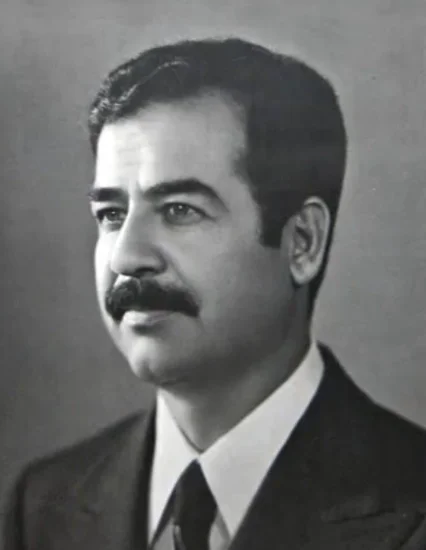
Saddam Hussein’s forces captured the Kurdish city of Irbil after Masoud Barzani requested Iraqi assistance. The intervention highlighted complex Kurdish political divisions.
International observers condemned the Iraqi military action in northern Iraq. The operation demonstrated ongoing instability in post-Gulf War Iraq.
1963 – North Borneo Achieves Self-Governance
The Crown Colony of North Borneo, now known as Sabah, achieved self-governance from British colonial administration. The territory prepared for eventual inclusion in the Malaysian federation.
Political leaders worked to establish democratic institutions and economic development programs. Self-governance represented a crucial step toward full independence.
Notable Births on August 31
1949 – Richard Gere Born
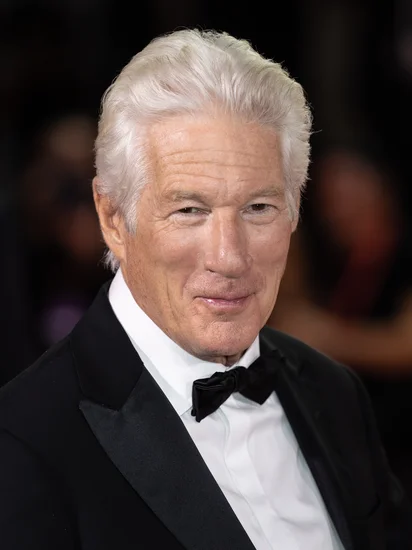
American actor Richard Gere was born in Philadelphia, Pennsylvania. His early interest in music and theater shaped his artistic development.
Gere would become one of Hollywood’s most recognizable leading men. His performances in romantic dramas established him as a major film star.
1945 – Van Morrison Born

Northern Irish singer-songwriter Van Morrison entered the world in Belfast. His childhood exposure to diverse musical traditions influenced his unique style.
Morrison developed into one of the most influential musicians of his generation. His blend of rock, soul, and Celtic music created a distinctive sound.
1945 – Itzhak Perlman Born

Israeli-American violinist Itzhak Perlman was born in Tel Aviv. Despite childhood polio, he pursued his musical passion with extraordinary determination.
Perlman became one of the world’s most celebrated classical musicians. His performances brought classical music to broader audiences worldwide.
1949 – Hugh David Politzer Born
American physicist Hugh David Politzer was born in New York City. His early fascination with science led to groundbreaking research in theoretical physics.
Politzer would later win the Nobel Prize for his contributions to quantum chromodynamics. His work advanced understanding of fundamental particle interactions.
1908 – William Saroyan Born

American novelist William Saroyan was born in Fresno, California, to Armenian immigrant parents. His cultural heritage deeply influenced his literary works.
Saroyan became known for his optimistic portrayals of immigrant life in America. His writing celebrated human dignity and resilience.
1907 – Ramon Magsaysay Born

Filipino leader Ramon Magsaysay was born in Zambales Province. His humble origins shaped his commitment to democratic governance and social justice.
Magsaysay would become the seventh President of the Philippines. His leadership during the Cold War era earned international respect.
1955 – Edwin Moses Born

American hurdler Edwin Moses was born in Dayton, Ohio. His athletic abilities became evident during his high school and college years.
Moses dominated the 400-meter hurdles for over a decade. His technical innovations revolutionized hurdling technique.
1974 – Larry Fitzgerald Born

American football player Larry Fitzgerald was born in Minneapolis, Minnesota. His father’s journalism career exposed him to professional sports early.
Fitzgerald became one of the NFL’s most respected wide receivers. His consistency and professionalism earned widespread admiration.
Notable Deaths on August 31
1997 – Diana, Princess of Wales Dies
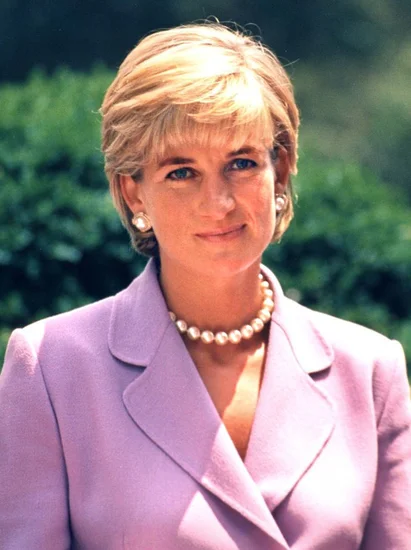
Diana, Princess of Wales, died in a car crash in Paris at age 36. Her death shocked the world and triggered unprecedented public mourning.
The People’s Princess had transformed the British royal family’s public image. Her humanitarian work and personal struggles resonated with millions worldwide.
1973 – John Ford Dies
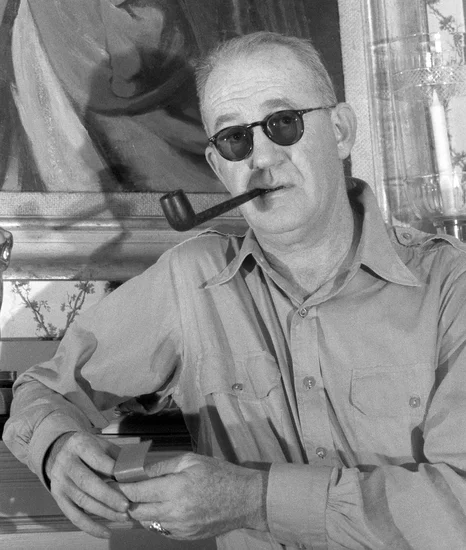
American filmmaker John Ford died at age 79 in Palm Desert, California. His career spanned the silent era through the golden age of Hollywood.
Ford directed some of cinema’s greatest westerns and war films. His visual style and storytelling influenced generations of filmmakers.
1986 – Henry Moore Dies
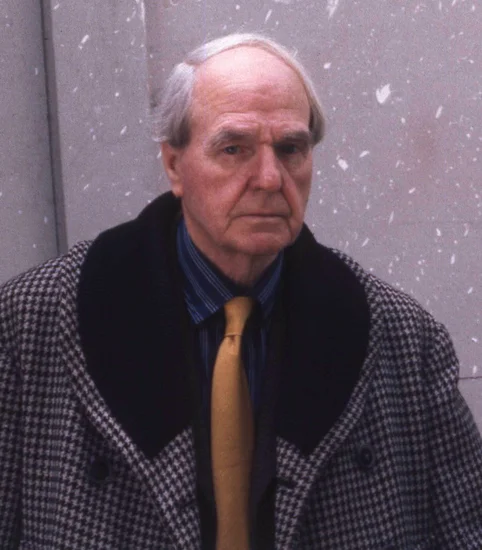
British sculptor Henry Moore died at age 88 in Much Hadham, England. His monumental works redefined modern sculpture.
Moore’s abstract forms drew inspiration from natural shapes and human figures. His public sculptures became landmarks in cities worldwide.
1963 – Georges Braque Dies
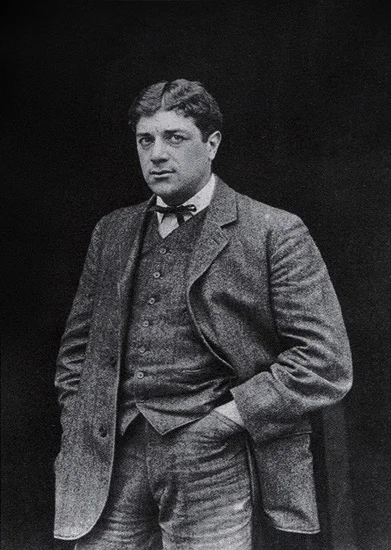
French painter Georges Braque died at age 81 in Paris. His collaboration with Picasso created the revolutionary Cubist movement.
Braque’s analytical approach to form and space transformed modern art. His still lifes and landscapes influenced countless artists.
1920 – Wilhelm Wundt Dies
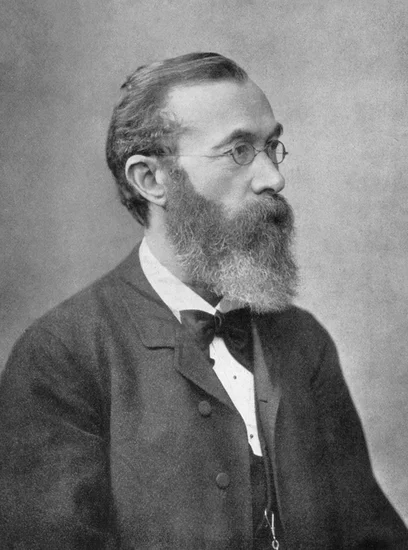
German psychologist Wilhelm Wundt died at age 88 in Grossbothen, Germany. His experimental approach established psychology as a scientific discipline.
Wundt founded the first psychology laboratory and trained many influential researchers. His work laid the foundation for modern psychological science.
1941 – Marina Tsvetaeva Dies

Russian poet Marina Tsvetaeva died by suicide at age 48 in Yelabuga, Soviet Union. Her passionate verses explored themes of love, loss, and exile.
Tsvetaeva’s revolutionary poetry challenged conventional literary forms. Her work gained recognition as among the finest in Russian literature.
1969 – Rocky Marciano Dies

American boxer Rocky Marciano died in a plane crash at age 45 near Newton, Iowa. The heavyweight champion had retired undefeated with a perfect record.
Marciano’s aggressive fighting style and knockout power made him a boxing legend. His 49-0 record remains unmatched among heavyweight champions.
1997 – Dodi Fayed Dies
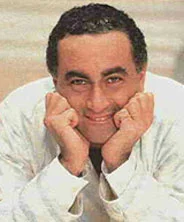
Egyptian film producer Dodi Fayed died alongside Princess Diana in the Paris car crash. His relationship with Diana had attracted intense media attention.
Fayed’s family background in business and entertainment made him a prominent figure in international society. His death ended a high-profile romance.
Holidays and Observances on August 31
Independence Day Celebrations
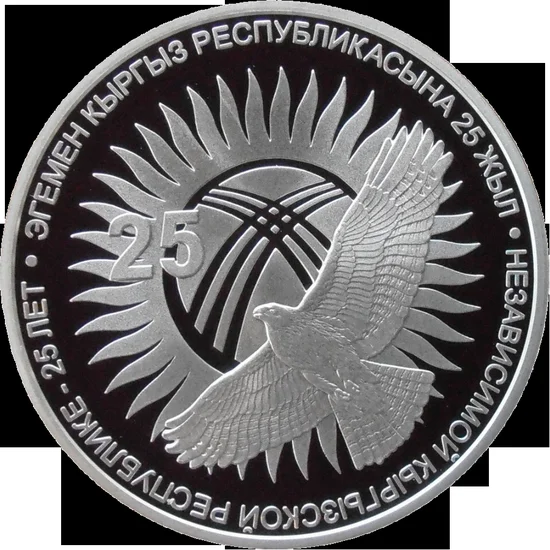
Kyrgyzstan celebrates Independence Day, commemorating its 1991 separation from the Soviet Union. The Central Asian nation marks this achievement with parades and cultural events.
Citizens gather to honor their national sovereignty and democratic progress. The holiday reinforces Kyrgyz identity and cultural heritage.
Malaysian Independence Day

Malaysia observes Independence Day, celebrating the 1957 end of British colonial rule. The Federation of Malaya’s freedom marked a turning point in Southeast Asian history.
Malaysians participate in flag-raising ceremonies and patriotic displays. The celebration honors the struggle for national independence.
Trinidad and Tobago Independence Day
Trinidad and Tobago commemorates its 1962 independence from Britain with national festivities. The Caribbean nation celebrates its multicultural heritage and democratic achievements.
Steel drum performances and cultural exhibitions highlight the nation’s unique identity. Independence Day reinforces national unity and pride.
Romanian Language Day
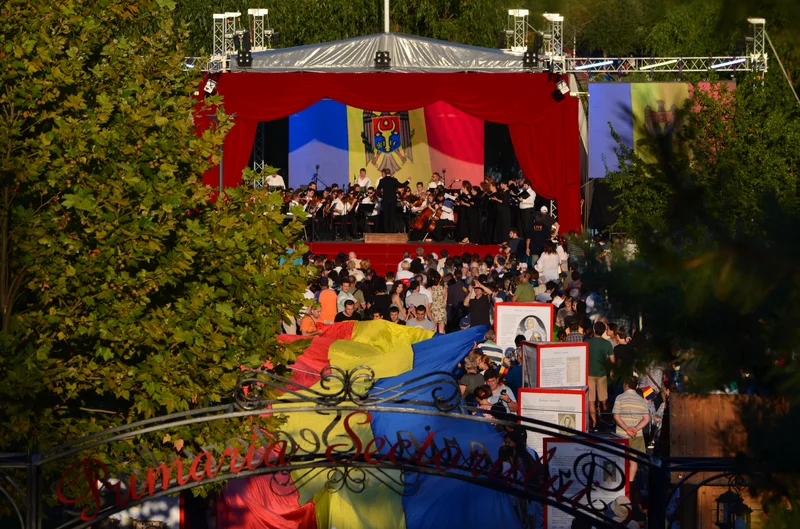
Romania and Moldova observe Romanian Language Day, celebrating their shared linguistic heritage. The holiday promotes cultural preservation and literary traditions.
Schools and cultural institutions organize special programs featuring Romanian poetry and literature. The observance strengthens connections between Romanian-speaking communities.
